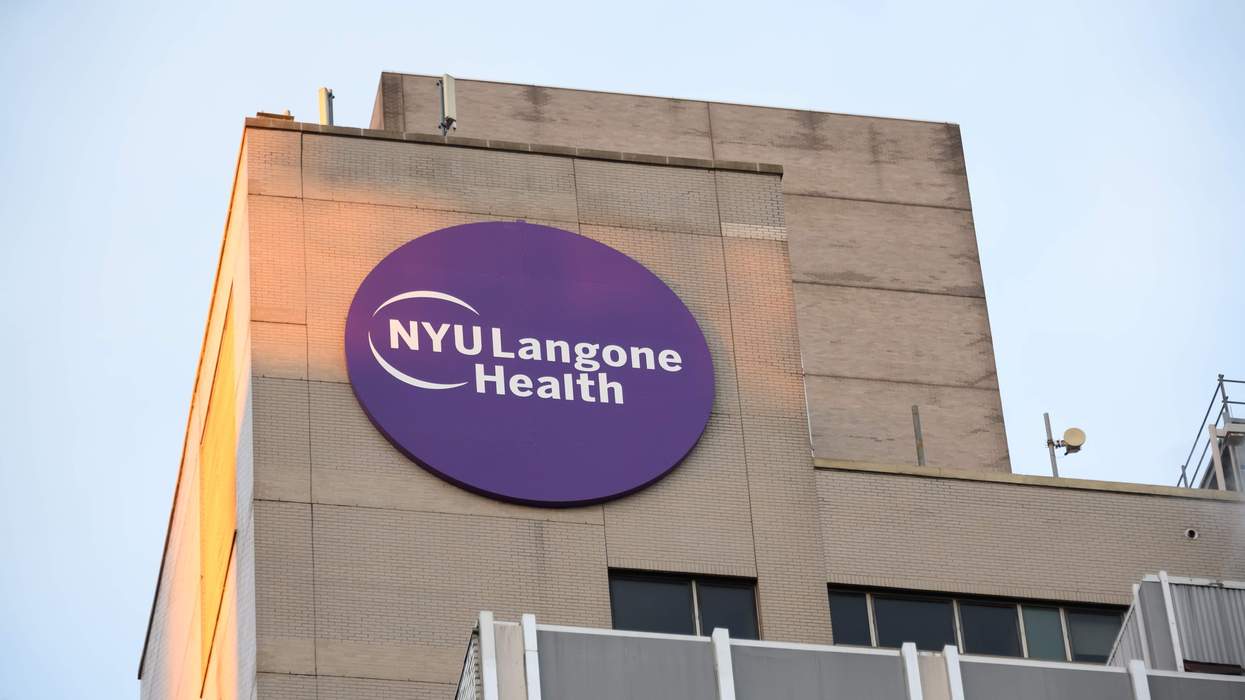Domestic violence isn't something that happens only to straight people
During his physical exam, Troy, a clinical psychologist and a patient of mine for nearly nine years, confided that his partner had been abusing him for two years. My first thought was to blurt out, "Rihanna, what were you thinking?" A psychologist should know better! Instead I shut my big mouth and listened. As obvious as the right course of action -- to get out quickly -- seems, I can't presume to know how any of us would react in a similar situation. Domestic violence occurs in one in four same-sex relationships, but fewer than one third of cases are ever reported. Victims fear insensitivity from the police, and men especially feel emasculated by needing to seek help regarding physical or emotional abuse. In Troy's case the abuse started after he lost his job: "My boyfriend always made more money than me, and after I was laid off, he joked about it front of our friends." As is often the case in relationships, that emotional abuse led to physical abuse.
A violent childhood, substance abuse, mental illness, stress, and economic dissatisfaction can all lead people to take extreme actions against their partners. But the bottom line is that no one deserves abuse. Victims need to first accept that no action warrants that kind of rage; then they need to tell a trusted friend, family member, or doctor that they need help. There are resources available. The Gay Men's Domestic Violence Project hotline is (800) 832-1901, and the National Domestic Violence Hotline is (800) 799-7233.
Paging the Doctor! I live in New York City, where good gay doctors can be found in every neighborhood, but if you're living in Omaha, Neb., or Jackson, Miss., an openly gay doctor may be harder to track down. The Gay and Lesbian Medical Association's very useful site, GLMA.org, has a search engine to help you locate gay doctors in hundreds of cities. Many medium-size and larger cities also have a "pink pages," an LGBT community directory, listing gay doctors. But because those directories are ad-supported, I recommend cross-referencing any listings with the GLMA website. Incidentally, Aetna has become the first U.S. health insurance company to link its website directly to the GLMA database; as a result, Aetna's DocFind online health-care provider listing includes more than 1,200 LGBT-friendly medical professionals. I hope this will inspire other insurers to do the same.
Q&AQ : Four years ago I was diagnosed with genital herpes, but I am on suppressive therapy with Valtrex and don't have outbreaks now. My partner and I want to have unprotected sex. He has never had herpes. Should we worry that I'm contagious? We've also decided to open our relationship, so I am even more concerned about spreading herpes.
It's wise for you to stay on suppressive therapy; not only does it reduce the likelihood of further outbreaks, it also decreases the amount of viral shedding (when the virus comes out of dormancy and produces lesions). You can still spread herpes even when there are no active lesions. As for your partner, while it's possible that he's disease-free, it's also possible that he has herpes but has never had an outbreak. Only an exam by his doctor will determine if he is disease-free. As to the complicated matter of opening up your sexual relationship, I recommend always using condoms. But even using condoms and prophylactic therapy with Valtrex cannot guarantee that you won't pass herpes along to your partners. You should also consider that playing around with others will increase your partner's chances of contracting herpes from someone else.















